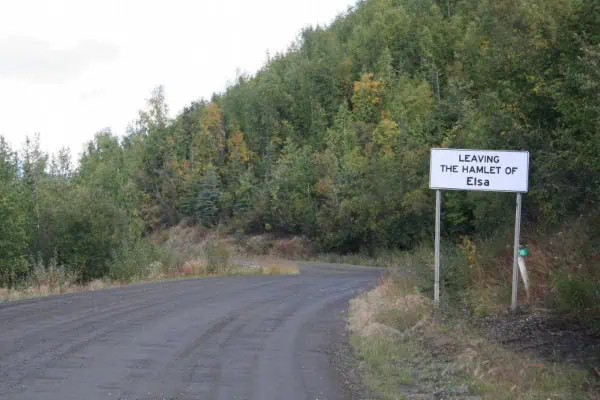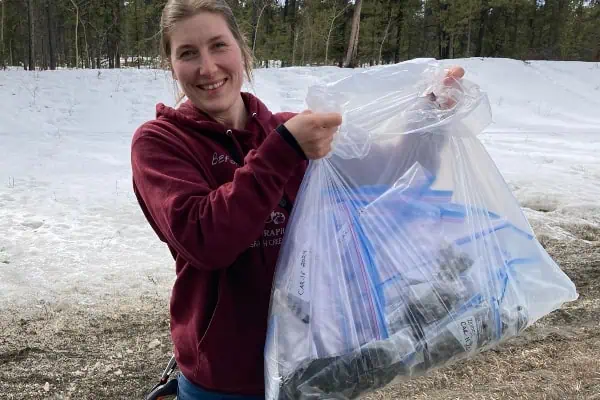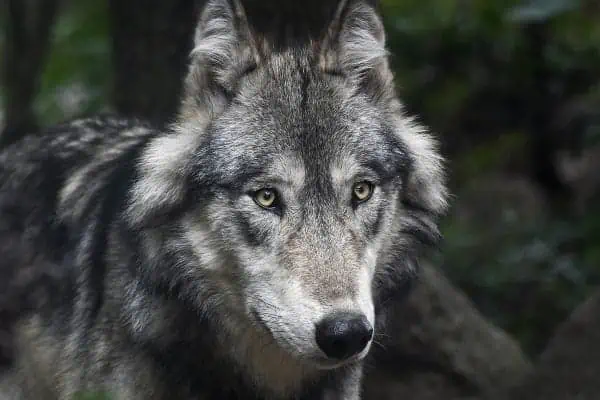Sadly some human errors are fatal mistakes when bears are involved. Bears are somewhat predictable, but there are many exceptions to that rule. As a result, humans must always err on the side of caution when in bear country.
Recent photos in the news from Banff show two separate situations where a human has moved to within 6-7 metres (20 feet) of a feeding grizzly bear in order to get a better photo. Based on historical behaviour of grizzly bears in similar close encounter situations those two people are lucky to still be alive with their hide intact.
Earlier this summer in Alaska a grizzly bear attacked a group of four people and mauled three of them. Historically, groups of people are usually safer than individuals when they suddenly meet a bear.
Slowly backing out of any bear situation while talking calmly to the bear is almost always the best tactic to be tried first.
People place ridiculous confidence in the thought that “It can’t happen to me.” Probably everyone who has been mauled, killed or involved in a confrontation with a bear, thought that same thought until that instant.
The wisest thought is to think “It can happen to me,” and be a little prepared for that eventuality. Always carry a readily deployable bear spray and pay attention to notice any bear sign. Change your plans, i.e. your route, any time a bear is sighted.
Common human errors that can result in a bear situation/confrontation include:
- having a dog off-leash and roaming. Where does it run to when it meets a bear? Back to you.
- having food or cosmetics in your tent. If you are present, you have a situation and if you are absent you have a destroyed tent.
- failing to do the dishes and clean up the kitchen area before going to bed or leaving camp. Bears can smell food/food garbage from a long ways away and are always wanting to eat.
- having coolers and other food items in or near camp while you are sleeping or absent.
- leaving fish guts on the shore instead of burned or thrown into deep water.
- while hiking in a group, allowing children to run ahead or lag behind the group. If they meet a bear, they will scream and run in panic, either of which can provoke the bear to take chase.
- failing to take immediate action when a bear is sighted. This can be as simple as turning around and leaving the area without being seen and stressing the bear.
- failing to learn the basics of bear identification and behaviour as well as steps that you should take when you meet a bear.
The odds of you being attacked by a bear are indeed slim, but errors that you make in bear country increase those your chances of that happening.




